Why Montessori remains one of the world’s most sustainable education methods? lies in its timeless ability to adapt, nurture, and empower children through natural learning experiences. Rooted in respect for the child and harmony with the environment, the Montessori approach continues to thrive across generations. Let’s find out with 4Life Education how Montessori’s philosophy sustains not just academic growth, but also emotional and environmental balance in the modern world.
Understanding sustainability in education
Sustainability in education means creating learning systems that nurture long-term development – of individuals, communities, and the planet. The Montessori method achieves this by fostering independence, responsibility, and respect for life. Instead of relying on rigid systems or short-term goals, Montessori education builds a foundation for continuous learning and self-motivation.
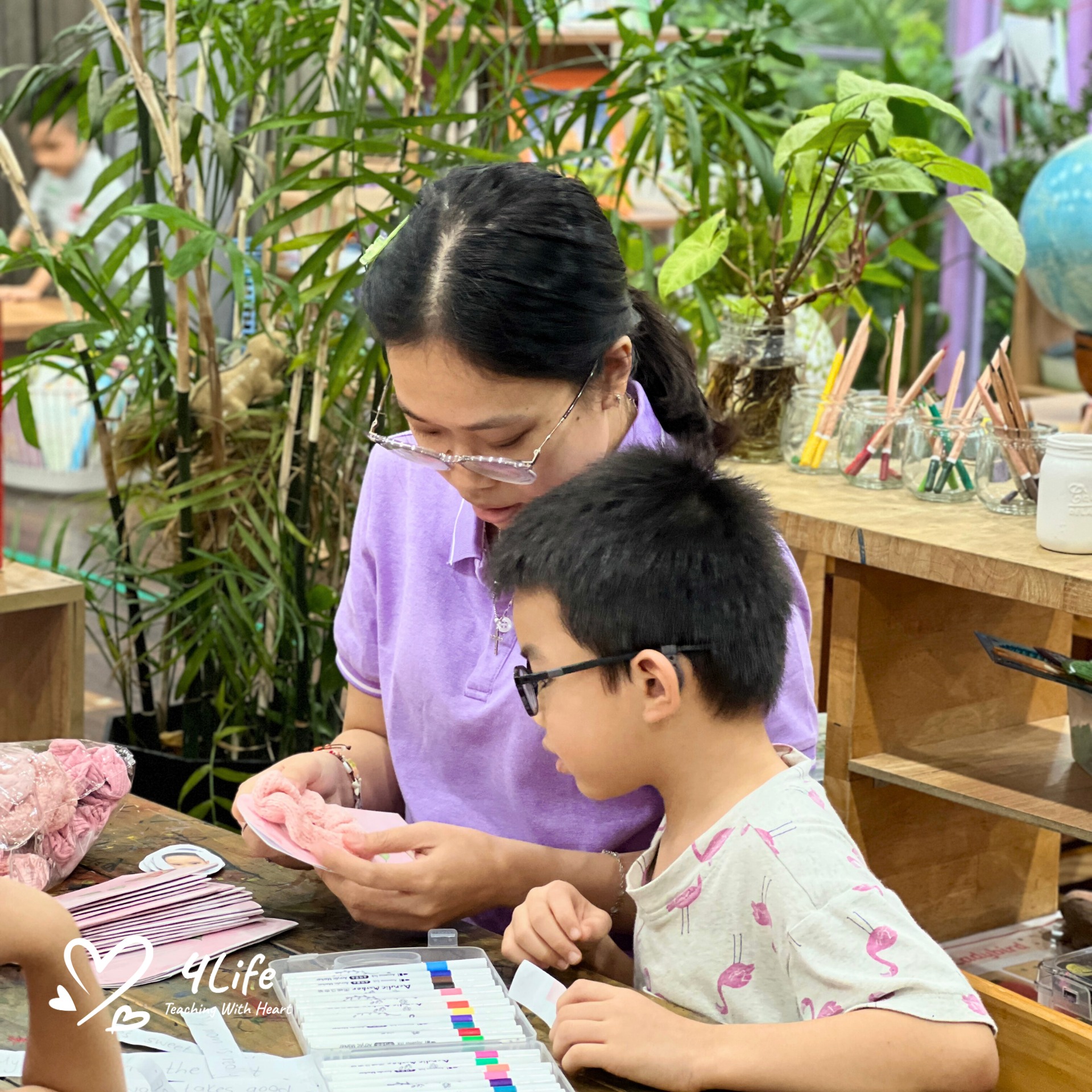
Why Montessori Remains One of the World’s Most Sustainable Education Methods?
Montessori’s focus on self-directed learning allows each child to develop at their own pace, exploring what truly inspires them. This personalized approach ensures that education remains meaningful and sustainable for every learner. The method doesn’t simply teach facts – it cultivates lifelong curiosity and adaptability, qualities essential for the ever-changing future.
Montessori and the natural connection with the environment
A core reason why Montessori remains one of the world’s most sustainable education methods is its deep connection to nature. Dr. Maria Montessori believed that children learn best when they engage with their surroundings. Classrooms often incorporate natural materials like wood, metal, and glass instead of plastic, encouraging mindfulness and care for resources.
Montessori children also spend time gardening, observing plants and animals, and understanding the cycles of nature. These experiences instill a sense of stewardship for the Earth from a young age. When children learn to appreciate nature’s beauty and fragility, they grow into adults who value sustainability and environmental responsibility.
Promoting independence and responsibility
Sustainability begins with individuals who are capable of making thoughtful, responsible decisions. In Montessori classrooms, children learn to manage their own tasks, care for materials, and take ownership of their environment. This autonomy builds not only confidence but also accountability – key traits for sustainable living.
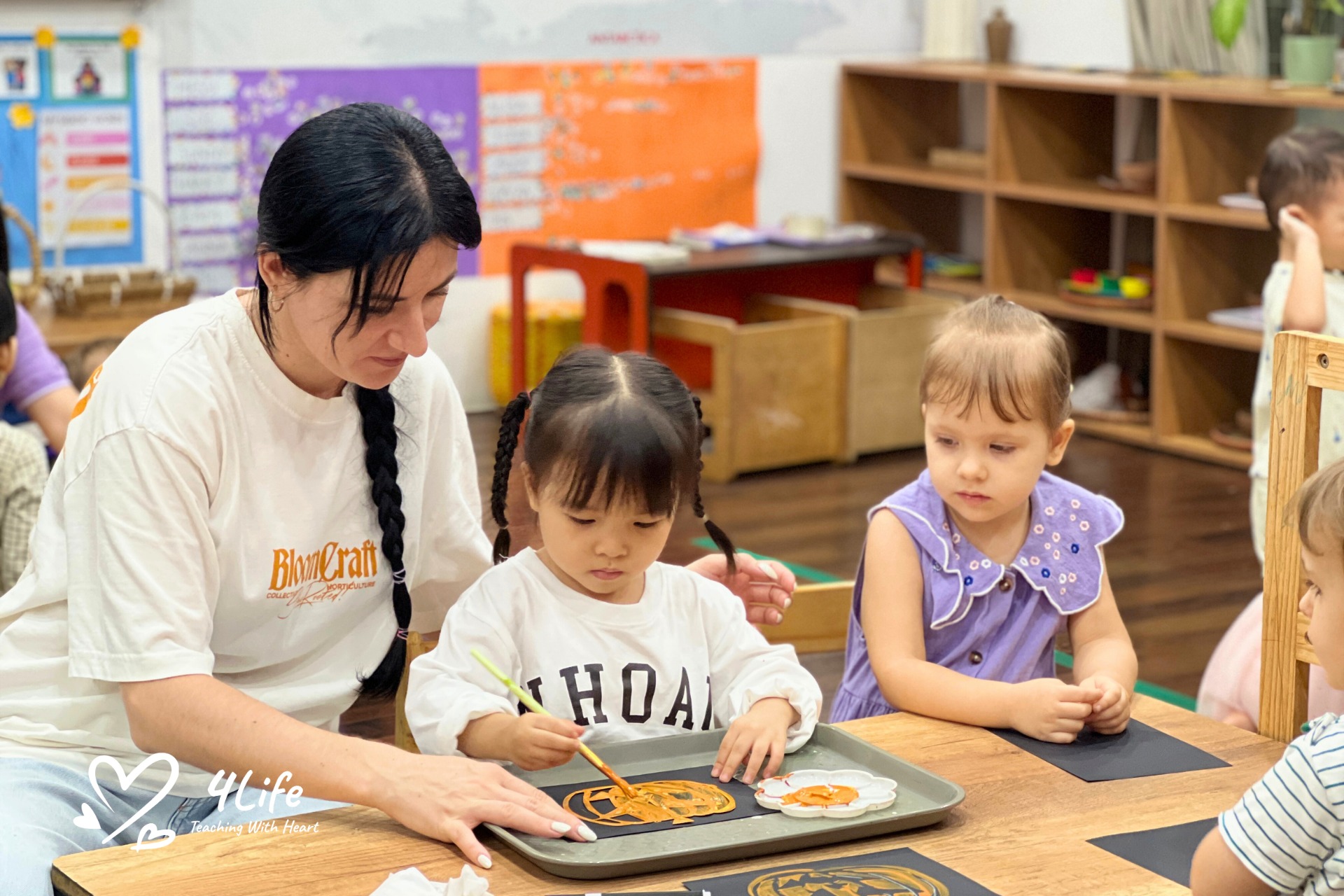
Promoting independence and responsibility
When children clean their workspace, pour their own drinks, or organize their materials, they develop habits of order and mindfulness. They learn that their actions have consequences, both immediate and long-term. Such lessons go beyond the classroom, nurturing a generation that values balance, care, and respect in daily life.
Lifelong learning and adaptability
Education systems often change, but Montessori’s principles remain relevant because they nurture skills that stand the test of time. Montessori learning promotes critical thinking, problem-solving, and adaptability – qualities that allow individuals to grow continuously.
Children raised in Montessori environments learn how to learn. They approach new challenges with curiosity, resilience, and creativity. In a rapidly evolving world, these traits make Montessori education sustainable, as it equips learners with the mindset and tools to thrive in any situation.
Building emotional and social sustainability
Montessori education also focuses on the emotional and social dimensions of sustainability. Children work in mixed-age groups, allowing them to learn empathy, patience, and cooperation. Older children naturally help younger ones, building leadership and compassion, while younger children gain confidence by observing and learning from peers.
This cooperative atmosphere supports emotional well-being and social harmony. Instead of competing, children learn to collaborate – a crucial value for creating sustainable communities in the future. The respect and kindness fostered in Montessori classrooms form the emotional foundation for a balanced and caring society.
Minimalism and mindful consumption
In a world that often emphasizes consumption, Montessori encourages simplicity and appreciation for what truly matters. The classroom environment is intentionally uncluttered, with carefully chosen materials that serve a clear purpose. This design helps children focus and teaches them to value quality over quantity.
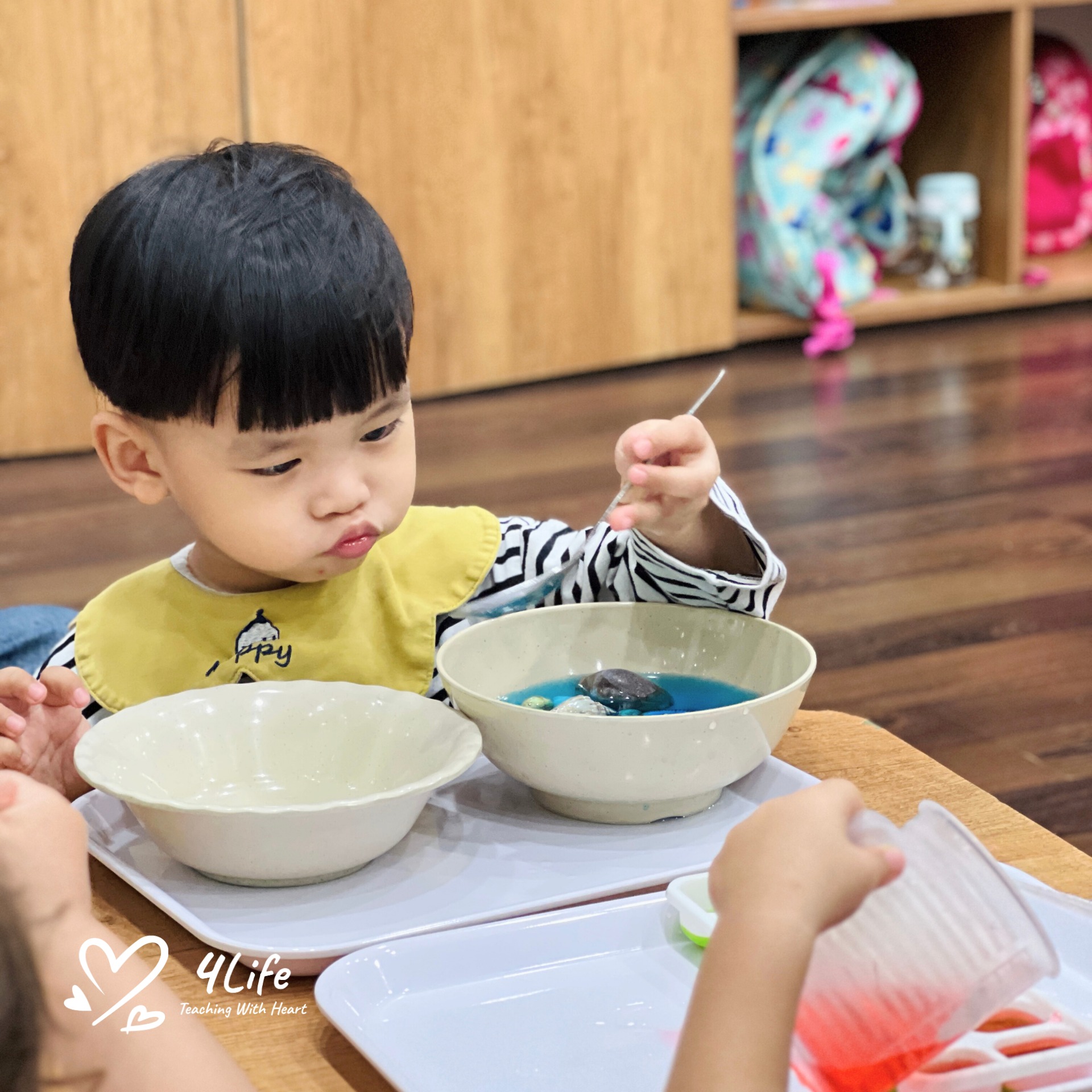
Minimalism and mindful consumption
By introducing these principles early, Montessori education subtly instills a minimalist mindset. Children learn to care for their belongings, avoid waste, and make thoughtful choices. This mindful attitude toward consumption contributes to a sustainable lifestyle—one that respects both resources and people.
The long-term impact of Montessori sustainability
The long-term value of Montessori education is evident in the adults it produces – individuals who are self-motivated, empathetic, and environmentally conscious. Montessori graduates often continue to seek balance and meaning in their personal and professional lives. They approach challenges creatively, respect diversity, and strive to make positive contributions to society.
Because Montessori nurtures the whole child – intellectually, emotionally, socially, and ethically – it builds the foundation for lifelong sustainability. The emphasis on independence, environmental awareness, and compassion ensures that learning extends beyond school years into every aspect of life.
The role of parents and communities
Montessori sustainability thrives when supported by families and communities. Parents can extend Montessori values at home by creating spaces where children participate in daily routines – watering plants, sorting laundry, or preparing food. These simple acts reinforce responsibility and connection to the world around them.
Communities that embrace Montessori principles benefit from citizens who value harmony, service, and respect. When education centers, families, and neighborhoods work together under these ideals, sustainability becomes a shared goal rather than an individual effort.
Why Montessori endures across generations?
One of the reasons why Montessori remains one of the world’s most sustainable education methods is its timeless adaptability. The approach remains relevant in diverse cultures and contexts because it aligns with universal human needs – respect, freedom, and purposeful learning.
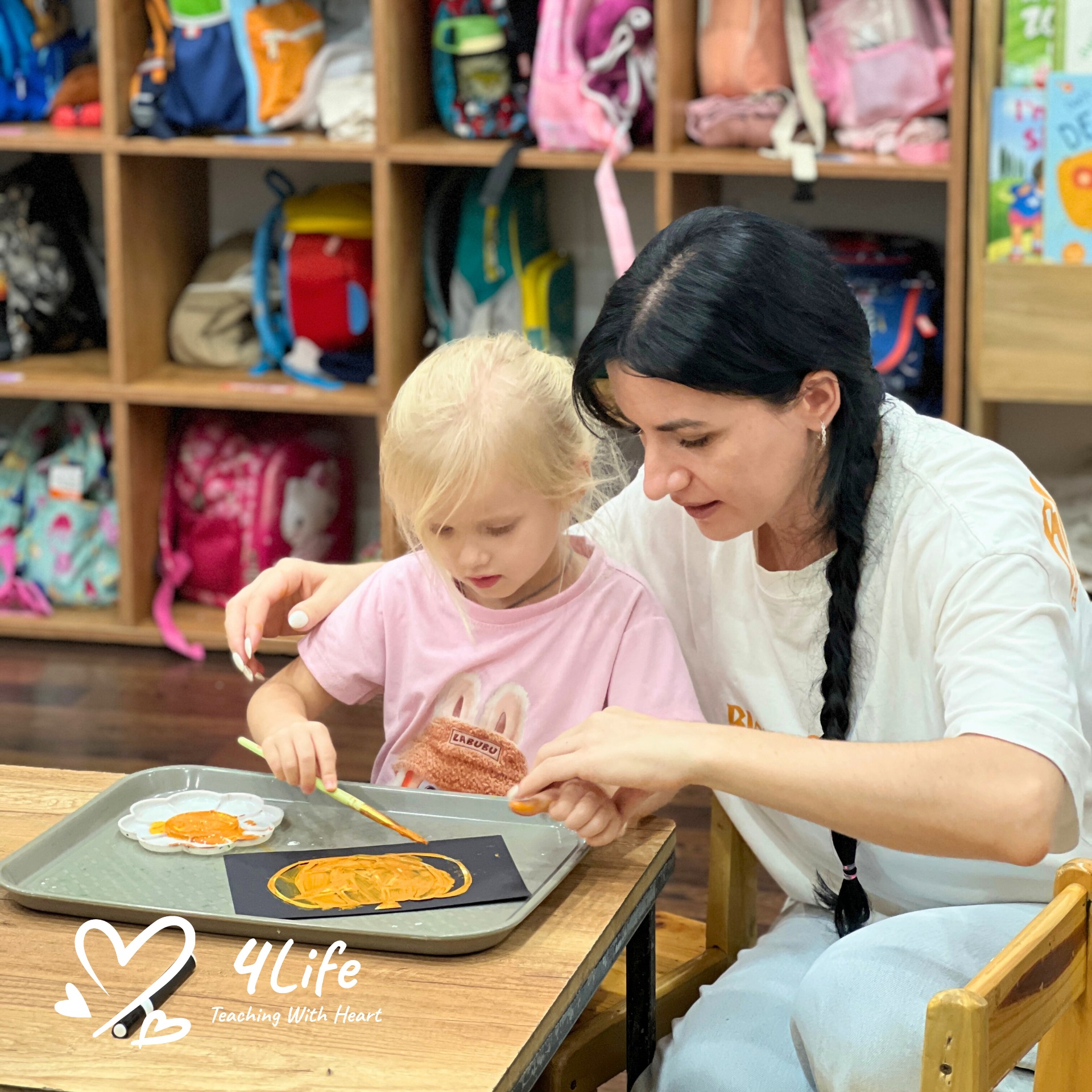
Why Montessori endures across generations?
Even after more than a century, Montessori classrooms continue to thrive globally because they offer balance: structure with freedom, independence with collaboration, and knowledge with empathy. This enduring flexibility ensures that Montessori education will continue to guide children toward meaningful, sustainable futures for generations to come.
Why Montessori remains one of the world’s most sustainable education methods? lies in its holistic vision – an education that honors individuality, fosters responsibility, and nurtures harmony with the environment. Through respect, independence, and connection to nature, Montessori builds the foundation for a sustainable future where children grow into compassionate, capable, and conscious global citizens.

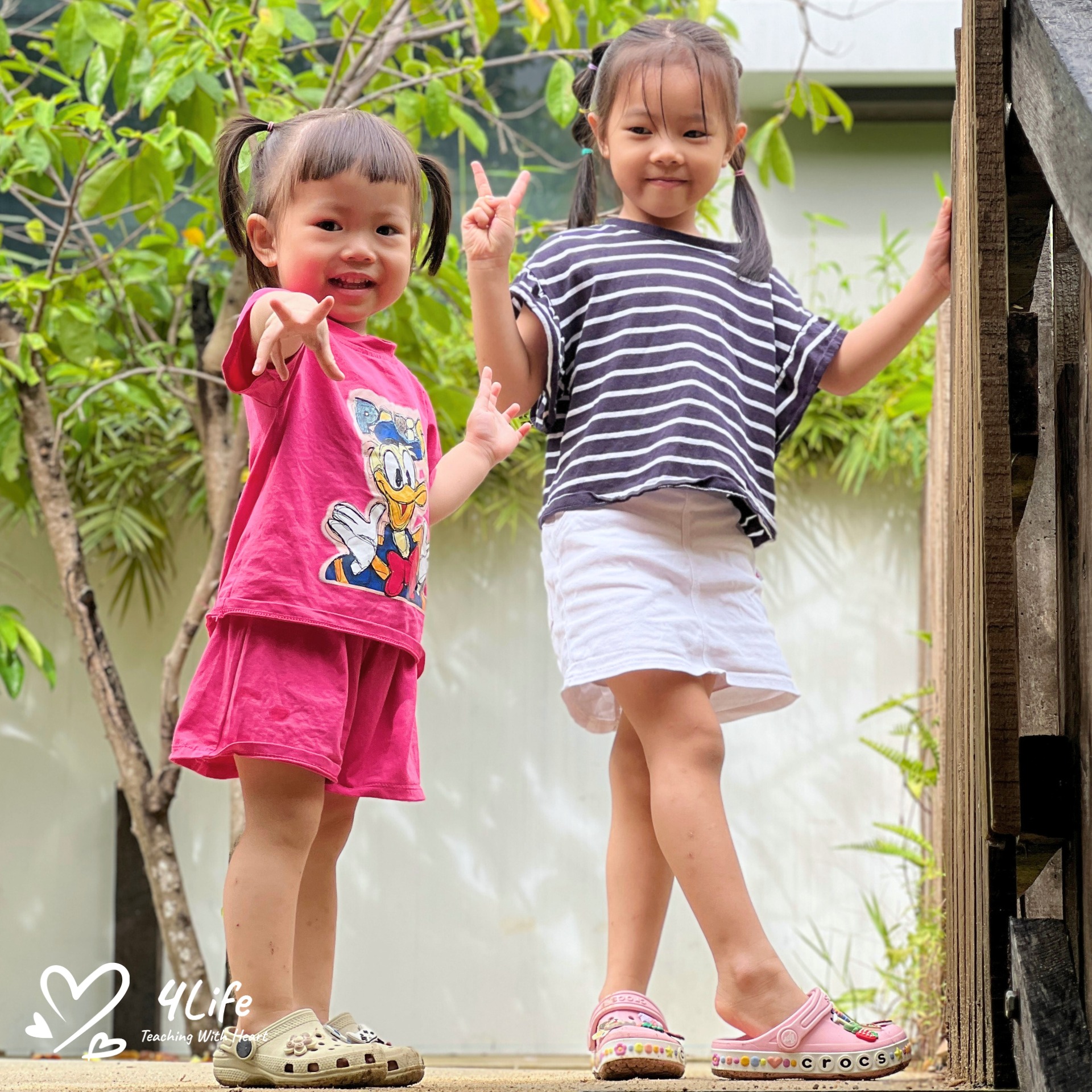
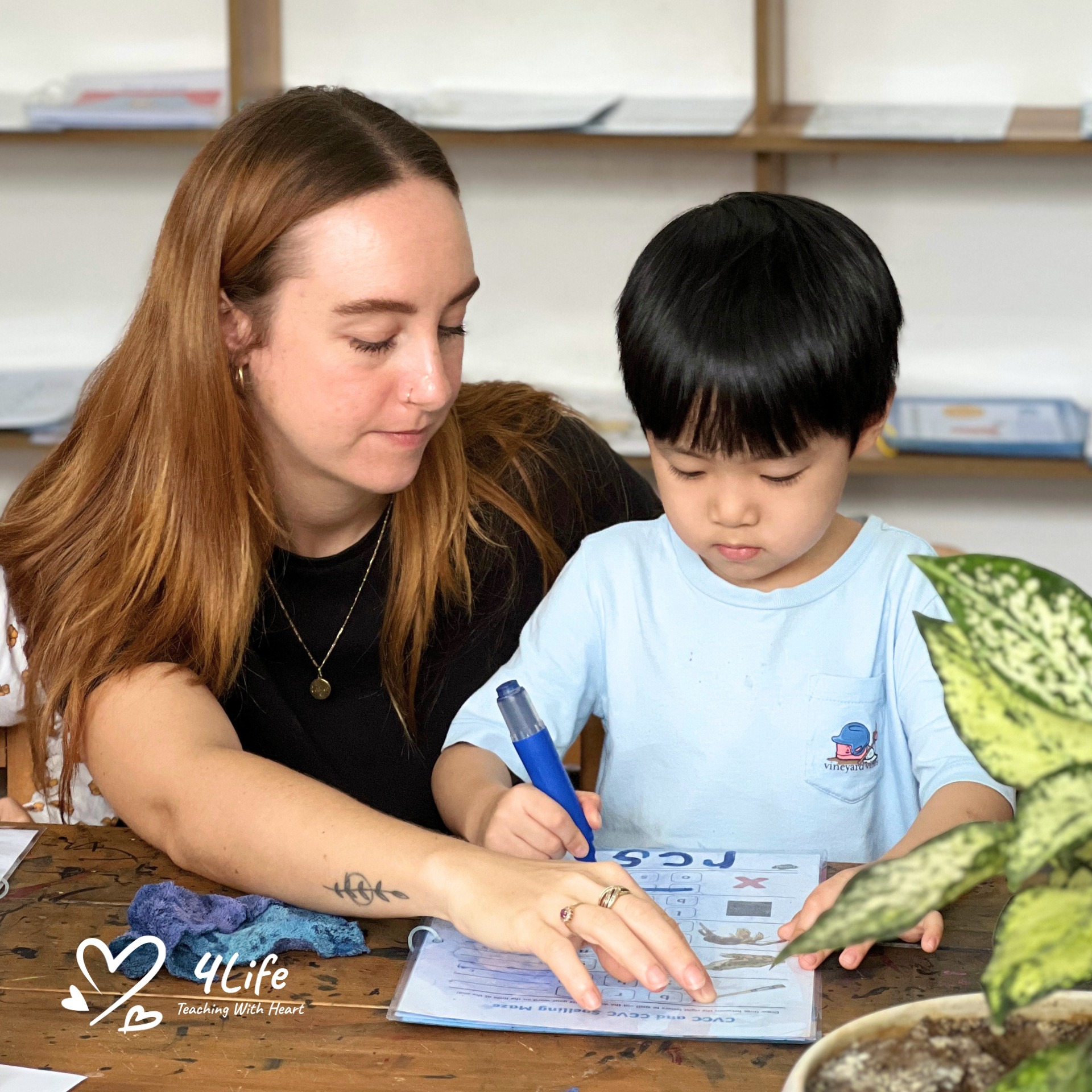
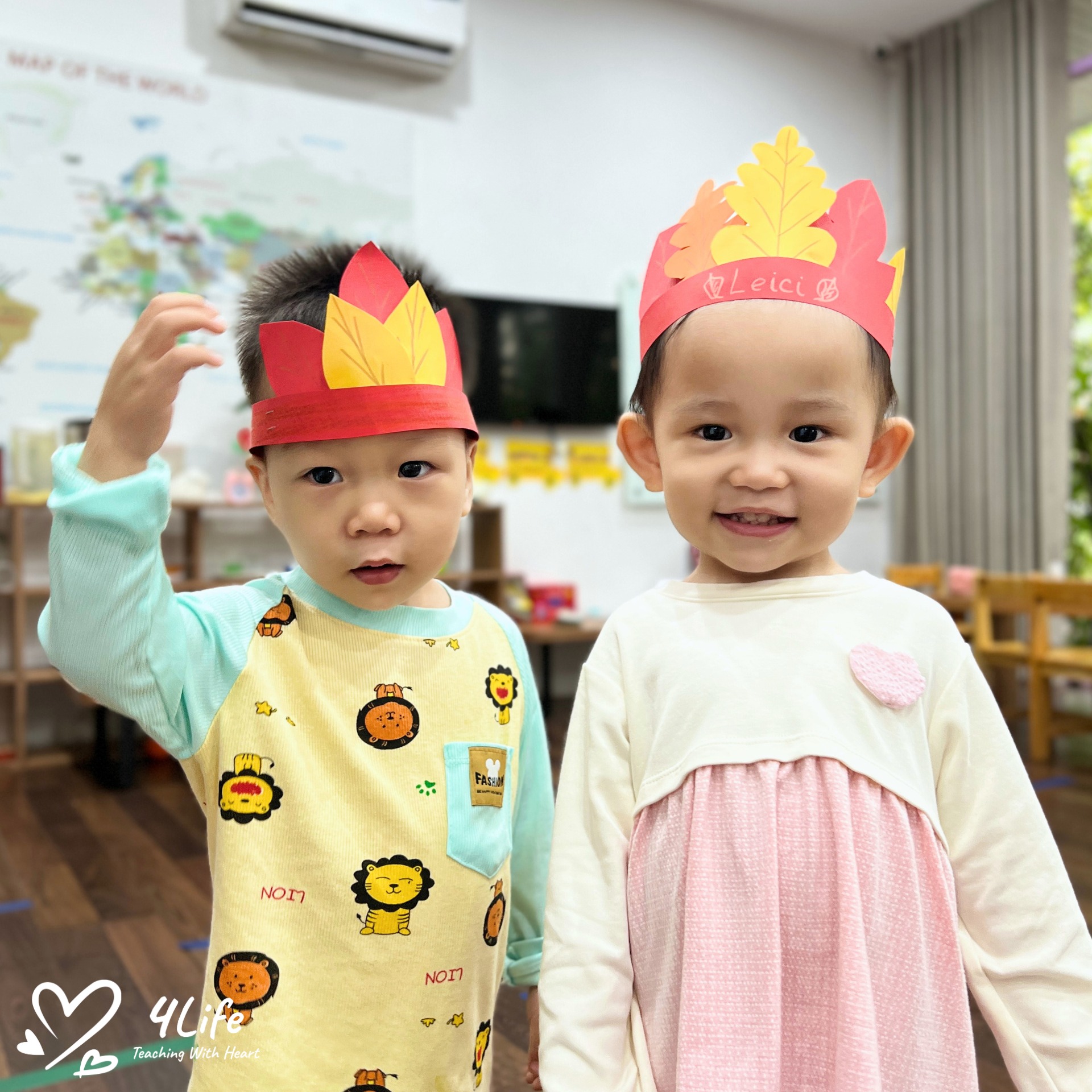
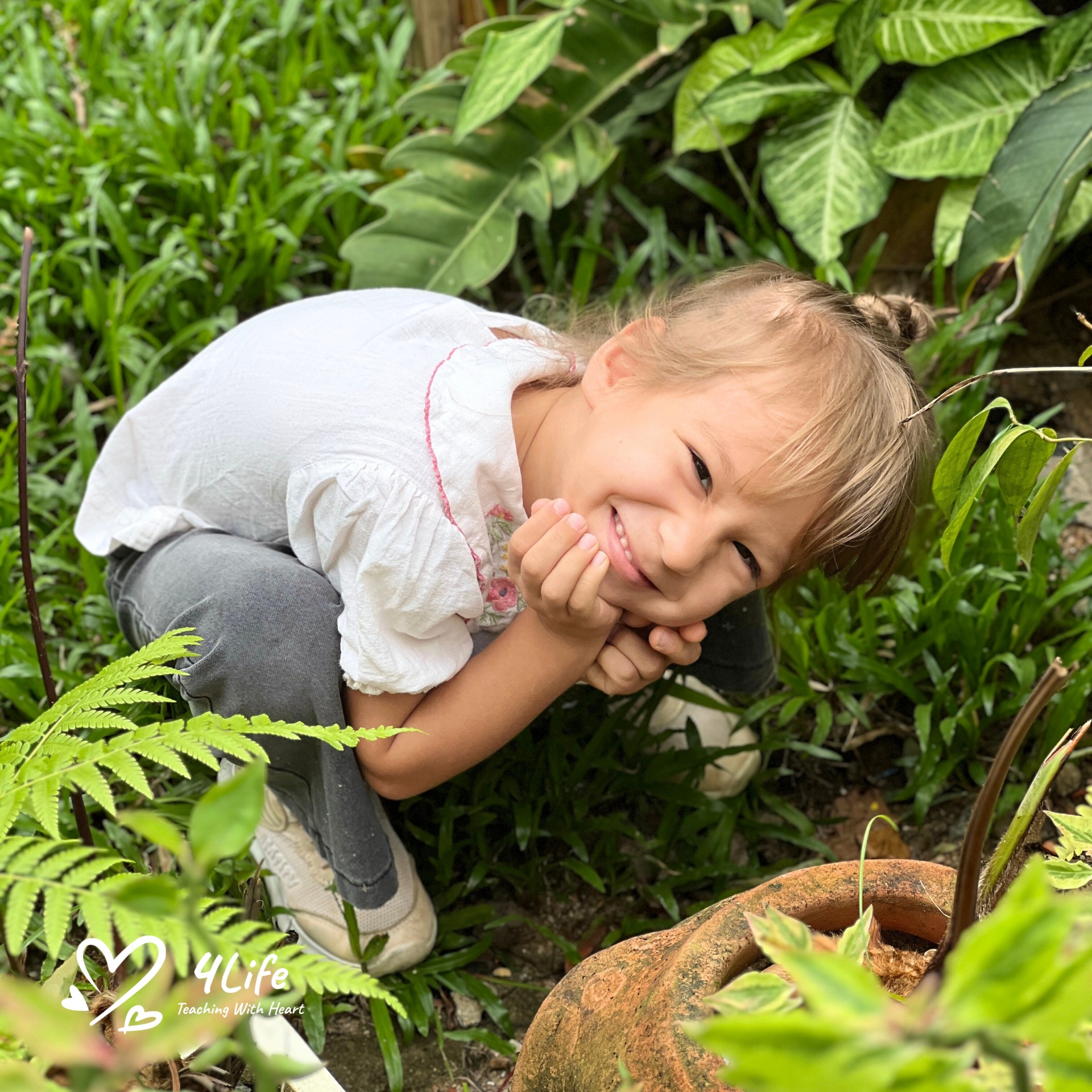
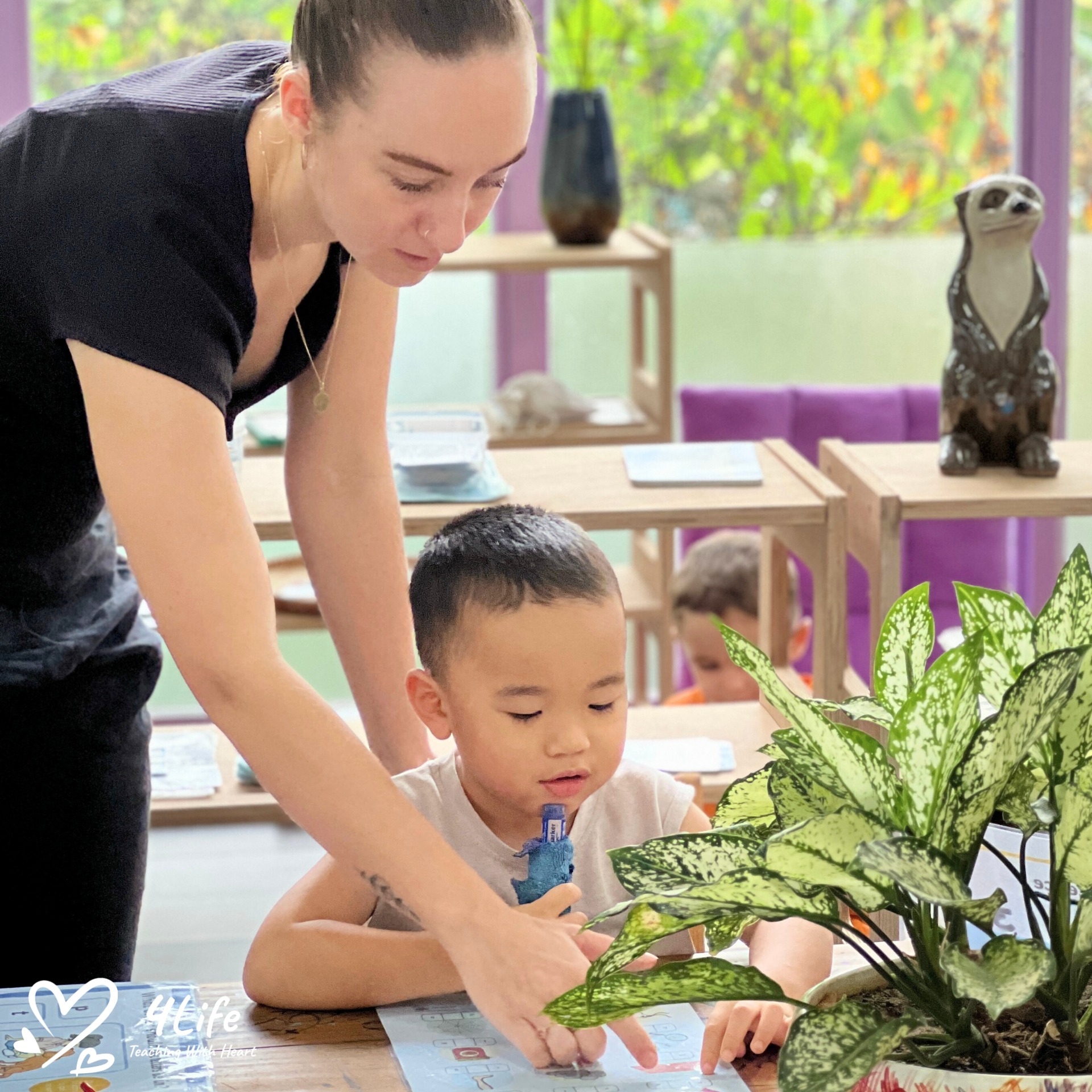
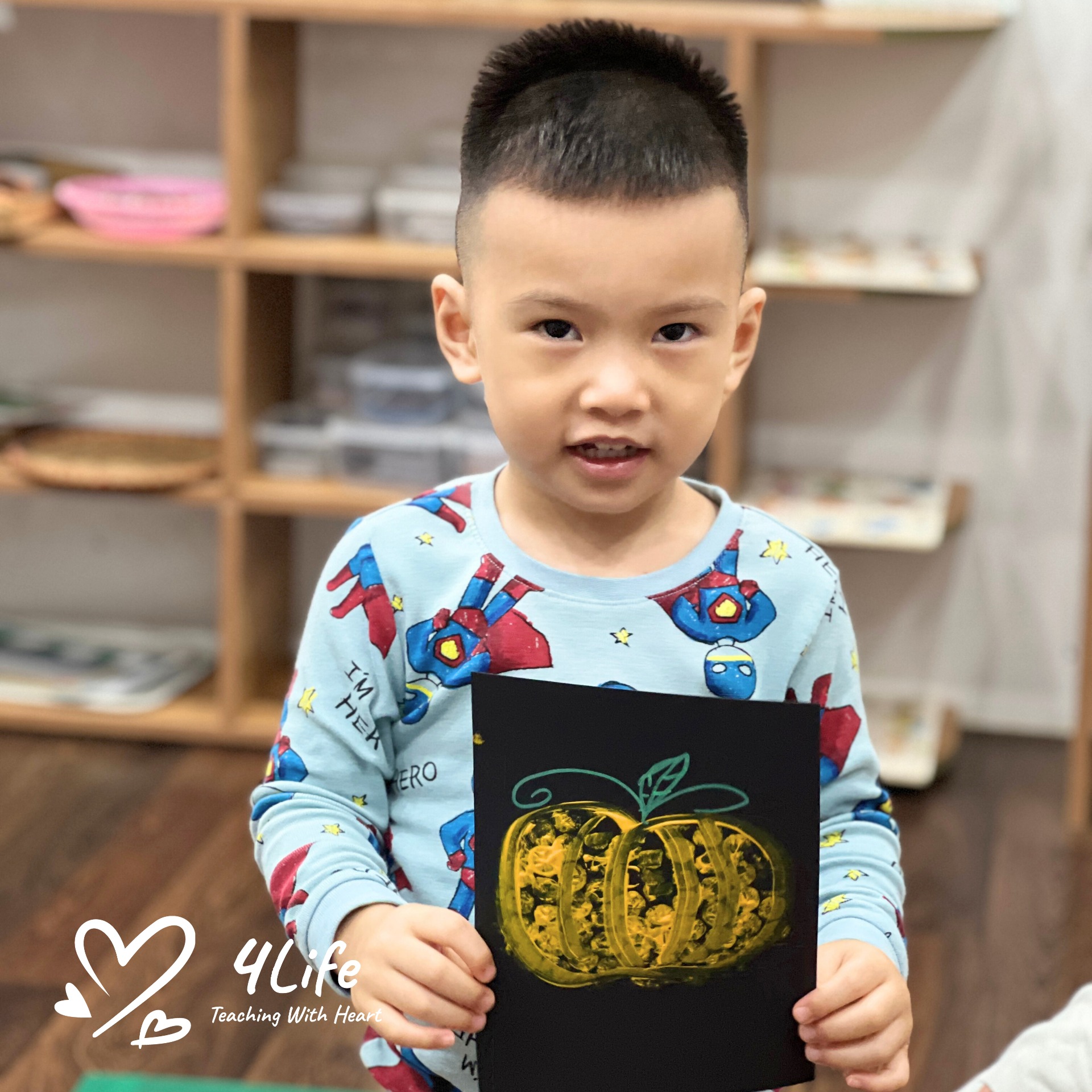
0 Comments